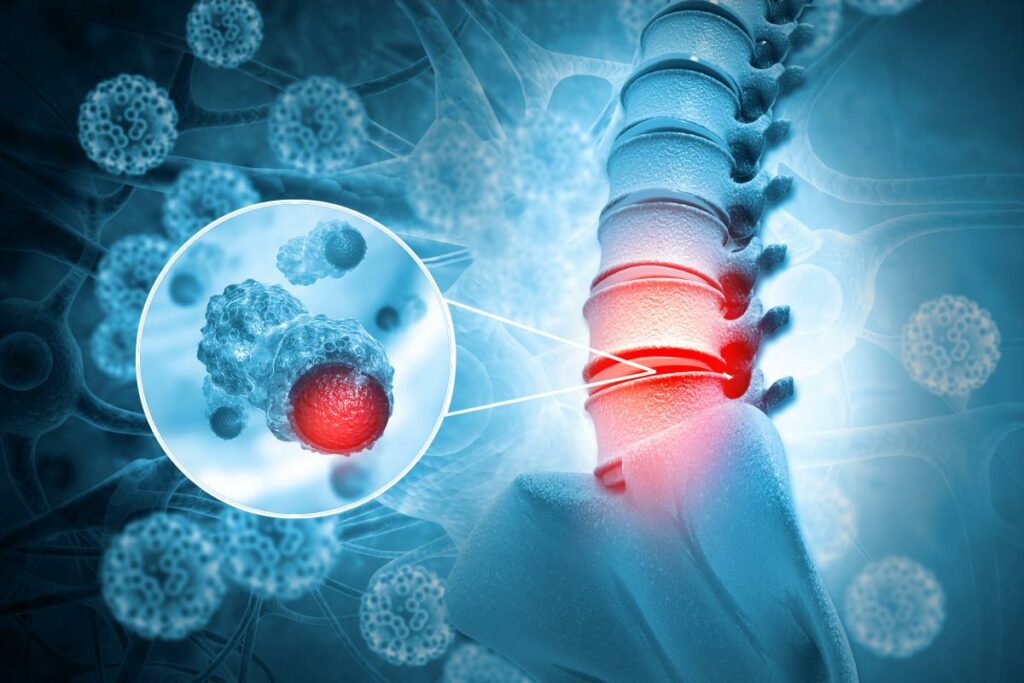A spinal cord injury can be a life-altering event. Medical Professionals know for many people that it means a lifestyle change, including changes in diet and nutrition. It is essential to ensure that you eat the right foods and get the proper nutrients to support your health and healing process. We will discuss some of the dietary changes you may need to make after a spinal cord injury. We will also provide tips for making these changes as easy as possible for you.

Common Health And Nutrition Concerns For People With SCI?
There are several everyday health and nutrition concerns for people with spinal cord injuries (SCI). One of the most significant concerns is the risk of developing pressure sores. Pressure sores are caused by constant pressure on one body area, which can damage the skin and underlying tissue. People with SCI are particularly susceptible to pressure sores because they may be unable to move specific parts of their bodies. As a result, it is essential to keep the skin clean and well-moisturized and to avoid sitting or lying in one position for too long.
Another common concern for people with SCI is weak or atrophied muscles. This can lead to problems with balance and mobility, as well as difficulty performing everyday activities such as dressing and grooming. A healthy diet rich in protein can help to combat muscle loss, as regular exercise can.
Finally, people with SCI may also have trouble digesting food properly. This can lead to malnutrition and weight loss. To help prevent these problems, eating a balanced diet with plenty of fiber and fluids is essential. Regular follow-up appointments with a healthcare provider can also help to ensure that any digestive problems are promptly addressed.
How Can You Change Your Eating Habits To Improve Your Health And Well-Being?
There are many ways you can change your eating habits to improve your overall health and well-being. One of the best things you can do is to focus on eating more whole foods. This means choosing foods as close to their natural state as possible and avoiding processed or refined foods.
Whole foods are generally more nutrient-dense than processed foods, which provide more vitamins, minerals, and other vital nutrients. They also tend to be lower in calories and fat, making them a healthier choice for people trying to lose or maintain a healthy weight.
Another way to improve your diet is to include a variety of food groups. This means eating plenty of fruits and vegetables, lean protein, whole grains, and healthy fats. By having various foods in your diet, you will be more likely to get the nutrients your body needs.
Finally, it is also important to pay attention to portion sizes. Overeating even the healthiest foods can lead to weight gain and other health problems. When possible, try to avoid eating large meals and instead focus on smaller, more frequent meals throughout the day.
What Are Some Tips For Staying On Track With Your Diet And Nutrition Goals?
There are a few essential aspects to remember if you want to keep the diet and nutrition objectives you’ve set for yourself. Start by creating a strategy. This entails knowing what meals you’ll consume and when you’ll have them. Having a plan helps to avoid impulse eating and makes it simpler to follow your diet.
You should also ensure you include various foods in your diet. As mentioned earlier, this helps to guarantee that you’re getting all the nutrients your body needs. It’s also essential to eat at regular intervals throughout the day to keep your metabolism going and avoid overeating later on.
Last but not least, you must stay hydrated. Drinking plenty of water helps to regulate your appetite, improve your digestion, and flush toxins out of your system. Make sure to drink eight glasses of water per day or more if you exercise frequently or live in a hot climate.
What If You Struggle To Make Changes Or Find It Hard To Stay Motivated?
If you find it challenging to make changes to your diet or stay motivated, you can do a few things to make it easier. First, try setting small goals rather than trying to make significant changes all at once. This will help you to feel more successful and less overwhelmed.
It can also be helpful to find a support group or someone who is going through the same thing as you. Having someone to talk to and share your experiences with can make healthy changes much more accessible.
Final Thoughts
Changing your diet after a spinal cord injury can be challenging, but it is possible. Following the tips and advice here and you can make healthy changes to improve your overall health and well-being. Don’t forget to seek support from others if you need it and stay motivated by setting small goals that you can realistically achieve.



